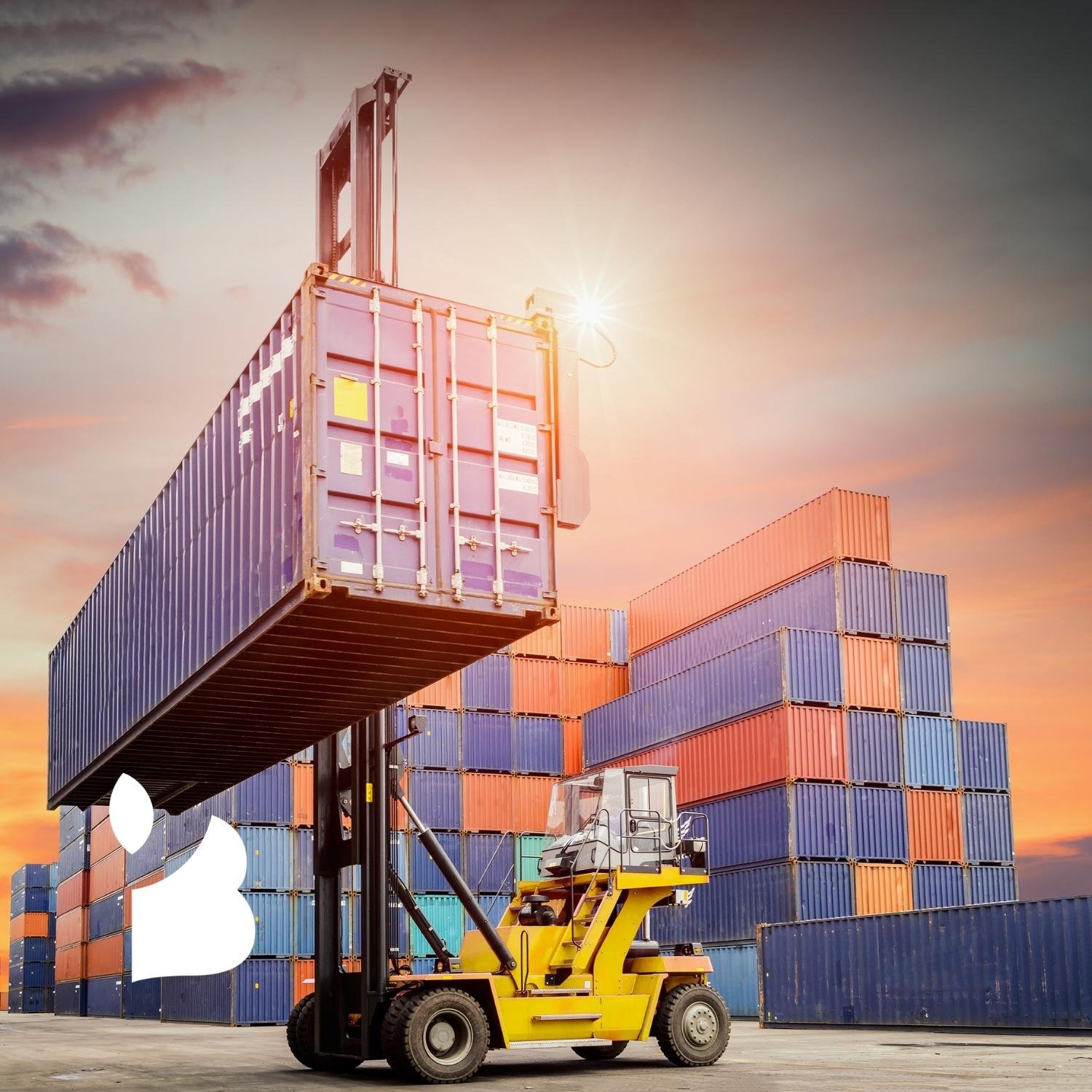Logistics CONTENT WRITING
Logistics content writing builds trust
Logistics content writing is a healthy inbound marketing solution for retail businesses to promote their products.
When you're creating content, you’re providing free and advantageous information to your audience, enticing newer customers to your website, and retaining existing ones through first engagement.
You’re also producing some significant ROI for your business, as these content writing stats demonstrate:
Content writing generates three times more leads than traditional marketing and costs 62% less.
SMBs that use content writing get 126% more leads than those that do not.
61% of online purchases directly relate to a customer reading a blog.
Logistics companies that publish more than 16 blog posts a month get 3.5 times more traffic than those that create less than four posts per month.
Content equals business growth.
So, let’s get started with your logistics content strategy.
Creating a logistics content plan
Content exists everywhere. Some would say it’s saturated. And yet, it is still the primary medium to communicate with potential customers through writing or more visual media. What is evident is that one size does not fit all when posting content on different platforms.
Social media content differs from blog content, which is unlike website content. So, you need to know how to craft your content to reach your audience where they are.
Social Media content
There is an art to creating content for social media. It’s well worth a company’s time since there are 2.6 billion users across many social media platforms worldwide.
Plus, should someone follow you on social media, it could be considered a warm lead — they have already indicated interest in your words. So, your audience is waiting to engage with your net content.
Website content
Website content should be prioritised in three areas: your persona or brand, your target keywords, and your product or solution. Like blog content, the copy on your website needs to guide and inspire visitors to your product or solution cohesively and logically. Think of web content as a navigational map to your service or product.
Act cautiously and avoid turning visitors away through social media feeds and other distracting elements. Once you have enticed a potential new customer, websites must do all they can to keep them onsite, and that’s the key function of website content.
Blog content
Blog content aims to promote your business by attracting newcomers and bringing in qualified, warm leads into the sales funnel. Blog content should be a free resource that’s not directly tied to sales but a well-crafted piece of content to ultimately generate revenue for your logistics business. As mentioned above, research has demonstrated that companies that blog more get more traffic and leads than those that don’t.
Analysing your logistics content writing
Lastly, the most critical step in logistics content writing is analysing your existing content. Without data, how do you know what you can improve?
There are several ways you could measure when analysing your content, so use your goals as a guide to set KPIs. Whatever you want to accomplish with your logistics content will help you determine your metrics.
What you analyse is entirely up to you, but here are some ideas that we suggest for our clients to measure:
Conversion Rates: the percentage of visitors that engage with a CTA (Call-To-Action).
Engagement Rates: the number of visitors interacting with your content through comments, shares and likes.
Audience Growth: when new leads, sales or subscribers are generated from a piece of content.
Page Views: the number of views that your content page generates.
Organic Traffic: the traffic that arrives from search engines.
Bounce Rate: the % of visitors leaving your site after visiting only one page.
Get started with logistics content writing
Writing content for logistics is an iterative process that largely rewards businesses by increasing their audience.
Once you have the content creation process nailed down, you’ll be able to create content that dazzles your audience and skyrockets your business.
Let us write your logistics content for you.


